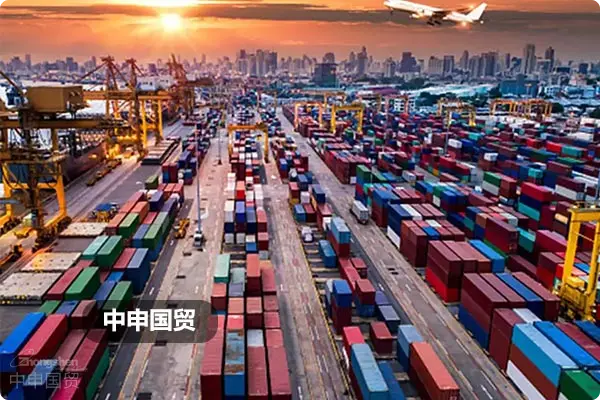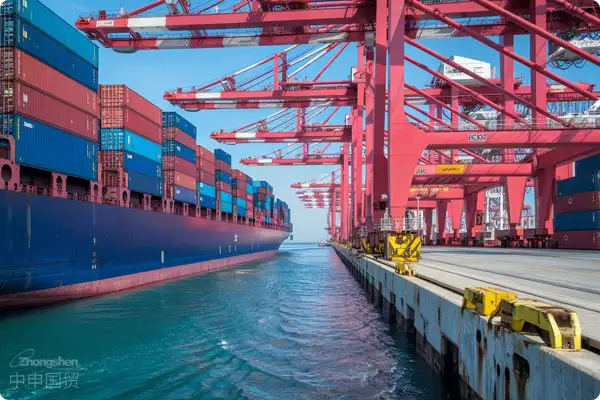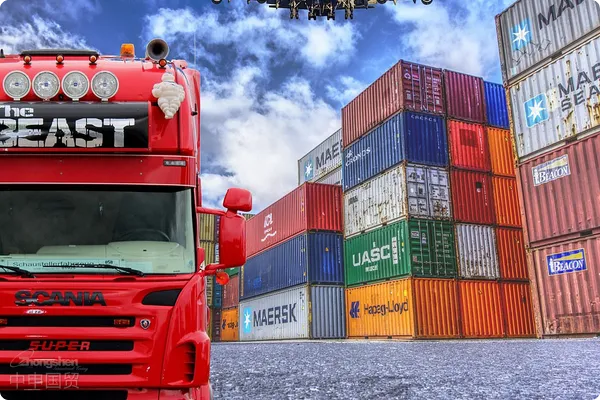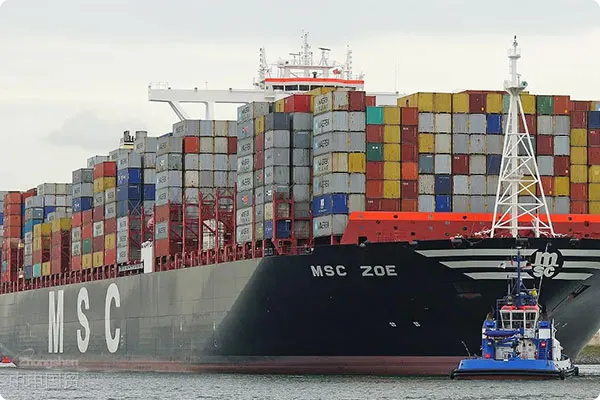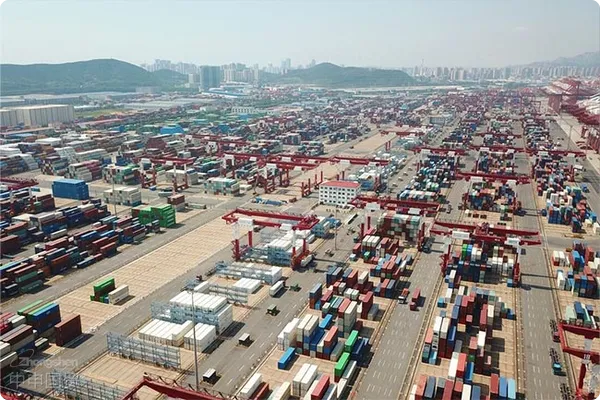- Shanghai Zhongshen International Trade Co., Ltd. - Two decades of trade agency expertise.
- Service Hotline: 139 1787 2118
Are You Planning to Export Mechanical Products to the Dutch Market? If So, CE Certification Is a Critical Step You Cannot Overlook. In the Process of Exporting Mechanical Products to the Netherlands, Whether CE Certification Is Required Is a Key Question, Especially for Engine Products. CE Certification Is a Mandatory Requirement for the EU Market, Indicating That Products Comply With Health, Safety, and Environmental Protection Requirements Within the European Economic Area (EEA).
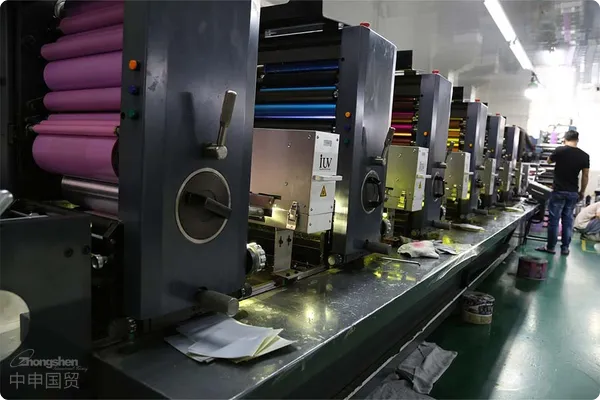
Below Are Key Considerations Related to Exporting Mechanical Products to the Netherlands:
I. Necessity of CE Certification
EU Regulatory Requirements:
(a) As an EU Member State, the Netherlands Typically Requires CE Certification for Imported Mechanical Products. The CE Mark Serves as a Passport for Products Entering the EU Market, Indicating Compliance With Relevant EU Directives (e.g., Machinery Directive, Low Voltage Directive, etc.).
(b) Mechanical Products, Particularly Engines and Other Safety- and Environment-Related Equipment, Almost Always Require CE Certification. Products Lacking CE Certification May Be Denied Customs Clearance or Required to Provide Additional Compliance Proofs.
Customer Customs Clearance Capability:
(a) If the customer has strong local customs clearance capabilities, they may attempt to resolve clearance issues through other channels, but this carries higher risks. If customs discovers the products lack CE certification, it may result in cargo detention, fines, or return shipments.
(b) It is recommended that the exporter clearly communicate with the customer before shipment to ensure the customer understands and confirms all required documents and certifications for customs clearance.
II. Considerations for EPA Certification
EPA certification:
(a) If the customer mentions needing EPA certification (typically for environmental requirements in the U.S. market), it may indicate their intention to sell the same product in different markets. Generally, EPA certification is primarily applicable in the U.S. and is not required for customs clearance in the Netherlands.
(b) If the customer requests EPA certification, confirm whether it is intended for sales or re-export to the U.S. market. For products exported to the Netherlands, ensure compliance with EU environmental and safety standards.
III. Preparation of Customs Clearance Documents
Basic Documents:
(a) Packing List:Detail the packaging of the goods, including quantity, weight, volume, etc.
(b) Commercial Invoice:Include information on both parties, product description, quantity, price, total value, and payment terms.
(c) It is recommended to verify through the following methods:Certificate of Origin:Provide a certificate of origin for the products if required.
Special Documents:
(a) CE Certification:If mandatory, ensure the product has passed relevant certifications before leaving the factory and bears the CE mark.
(b) Fumigation Certificate:If machinery equipment uses wooden packaging, a fumigation certificate may be required to ensure compliance with international phytosanitary standards.
: Loss occurs due to the lack of a document filing system or non - standard handover procedures.
Confirm Customer Requirements:Strongly recommend communicating with the customer to ensure they have confirmed all necessary documents and certifications for customs clearance. For larger orders, clarify responsibilities in the contract terms to avoid disputes.
Assess Customs Clearance Difficulty:If the customer claims to handle clearance, the exporter should consider additional safeguards, such as written confirmation or adjusted contract terms to mitigate risks.
Explore Alternative Solutions:If CE certification cannot be provided, consider using a DDP (Delivered Duty Paid) service, where a third-party agent handles clearance and tariffs, avoiding direct certification issues. However, this typically increases logistics costs.
V. Summary
For exporting machinery to the Netherlands, CE certification is usually indispensable. While some customers may claim it is unnecessary, ensuring compliance with EU standards and obtaining necessary certifications is advised to avoid long-term clearance issues and legal risks.
Related Recommendations
? 2025. All Rights Reserved. Shanghai ICP No. 2023007705-2  PSB Record: Shanghai No.31011502009912
PSB Record: Shanghai No.31011502009912
